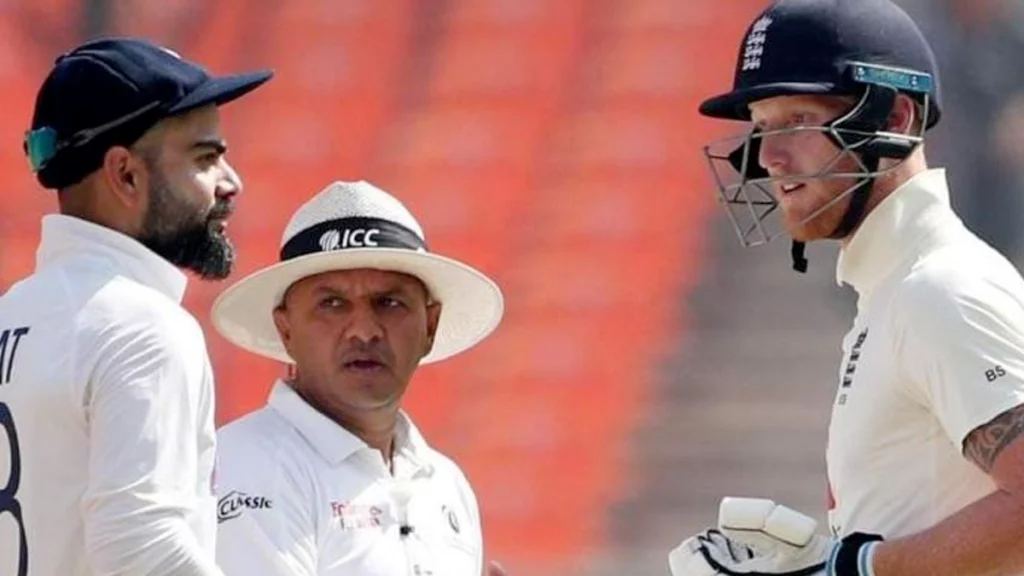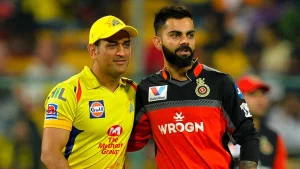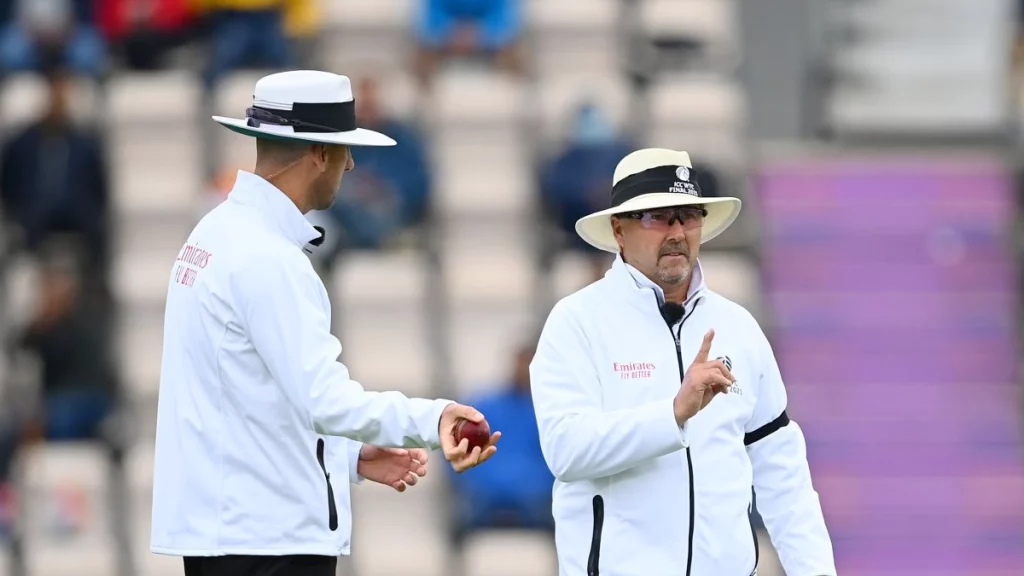In international cricket, the soft signal is all set to become extinct. According to Cricbuzz’s report, the ICC has decided to remove the soft signal rule because it has caused a lot of controversy.
The change is likely to start with the WTC final between India and Australia, which will be played at The Oval from June 7 to 12.
The report mentioned that the change was approved by the ICC cricket committee, headed by Sourav Ganguly. It was also communicated to India and Australia, the two remaining teams in the World Test Championship.
The use of the “soft signal” in international cricket games has been the subject of a lot of discussions, and cricketers and experts have different ideas about it.
Reports say that the ICC has chosen to stop using the soft signal rule. Here are three reasons why this choice is good.
1) There isn’t enough clarity around the rule. Over this rule, there has been too much controversy.

The most serious issue with using the soft signal is that it hinders rather than assists the third umpire in making judgements on controversial catches.
By rule, the on-field umpire has to give a soft signal whenever a decision is sent to the TV umpire. If the third umpire doesn’t have “conclusive evidence” to make a decision, the soft signal stands as the final decision.
This rule is hard to understand, so it causes confusion. If the third umpire can’t choose, the field umpire has the last say.
This is strange since the whole reason the ruling was sent back in the first place was that there was some doubt about it.
In doubtful catches, the new rule says that at least the third umpire will have the final say.
2) Big names have said they are unhappy with the soft signal rule.
The soft signal is one rule that a number of well-known people have spoken out against.
Virat Kohli, the former captain of India, said this after a ruling went against his team (India) in 2021 because of the soft signal rule, even though replays showed that the catch might not have been clean:
“I don’t know why there cannot be a sort of “I don’t know” call for the umpire as well. Why does it have to be a conclusive one? Because then that [dictates] the whole decision completely. Similar to the argument we have about umpire’s call as well.
“I think these are some things that can really, really change the whole course of the game, especially in a big game. So you want these things ironed out as much as possible, keep this game simple, keep it linear, have one set of rules which are not grey areas which we don’t understand sometimes, and sometimes we do.
“So it’s not ideal, especially in a high-pressure game which has a lot of things riding on it, a lot at stake. It’s important to have a lot of clarity on the field.”
England’s Test captain, Ben Stokes, shared his thoughts about a controversial call made about Marnus Labuschagne during the Australia-South Africa Test series earlier this year:
“ICC should get rid of the soft signal and let the 3rd umpire who has all the technology make the decision when the on-field umpires send it upstairs, all the controversy is always around the soft signal given. This isn’t a comment on the decision FYI (sic).”
3) Every rule aims to help make the correct decision.
In cricket or life, rules are there to help us do the right thing. In this way, the soft signal rule didn’t do much of anything. As was already said, if there was “inconclusive evidence,” the on-field umpires had to make the final call.
The soft signal rule has been there for some time, and it has caused some doubtful decisions.
In simple terms, there are too many problems with the soft signal rule. So, it should be removed from cricket.




